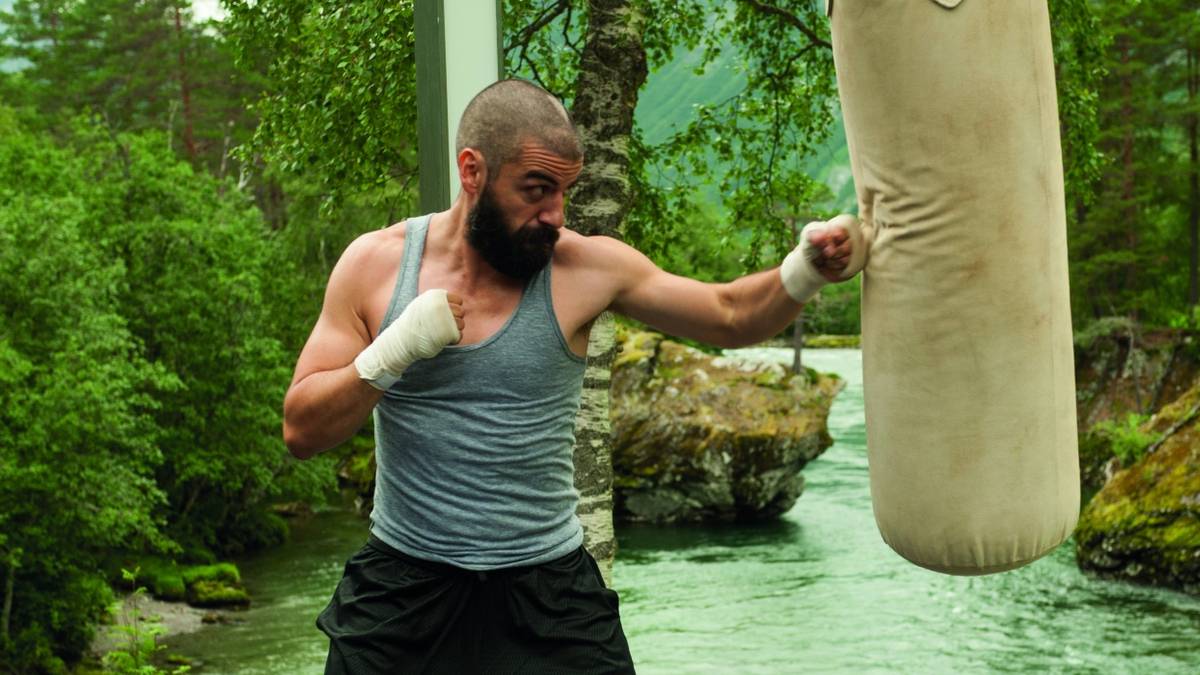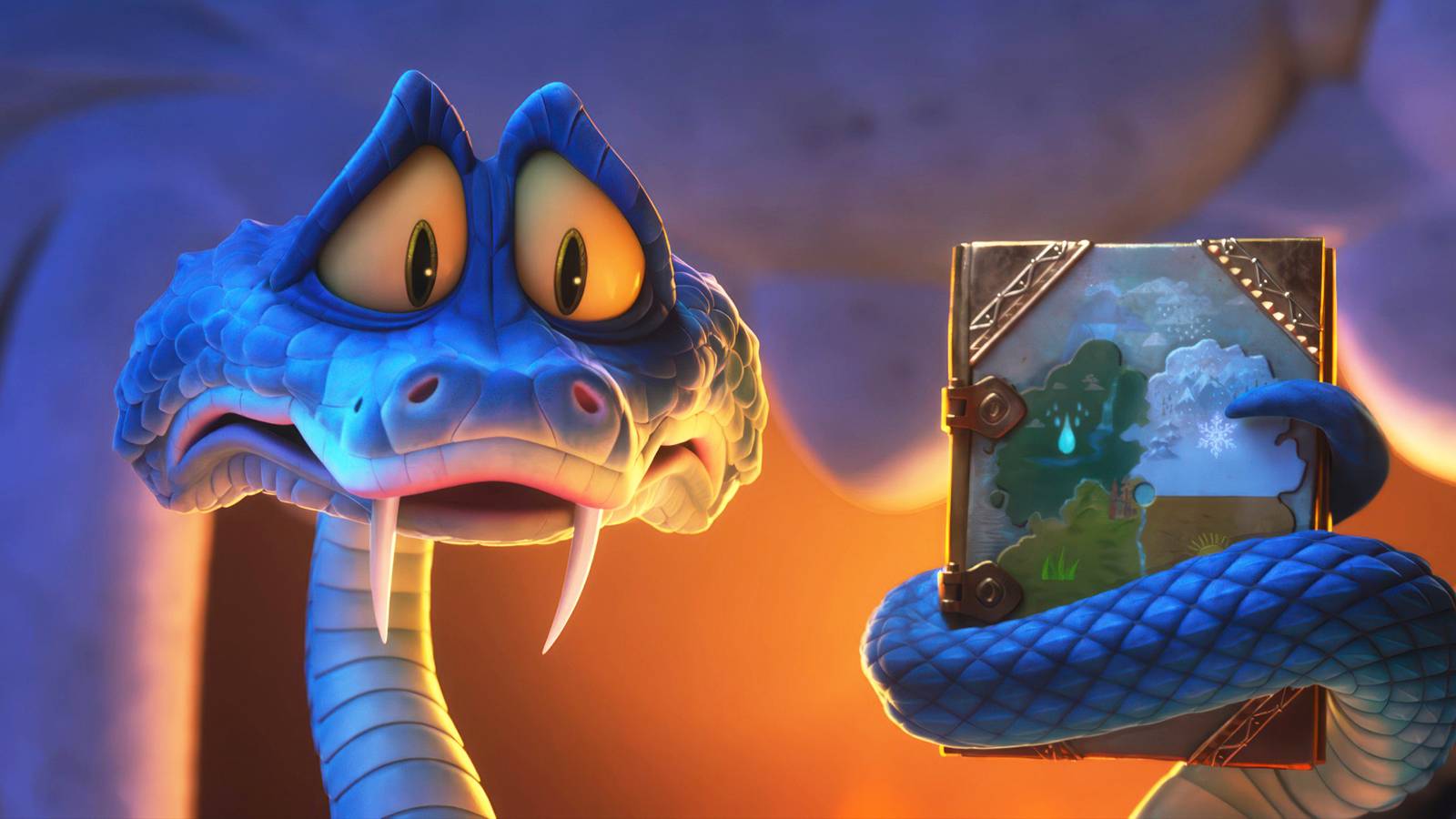Ke Huy Quan's Enduring Legacy: From Indiana Jones to 'Zootopia 2,' A Star Redefines Himself
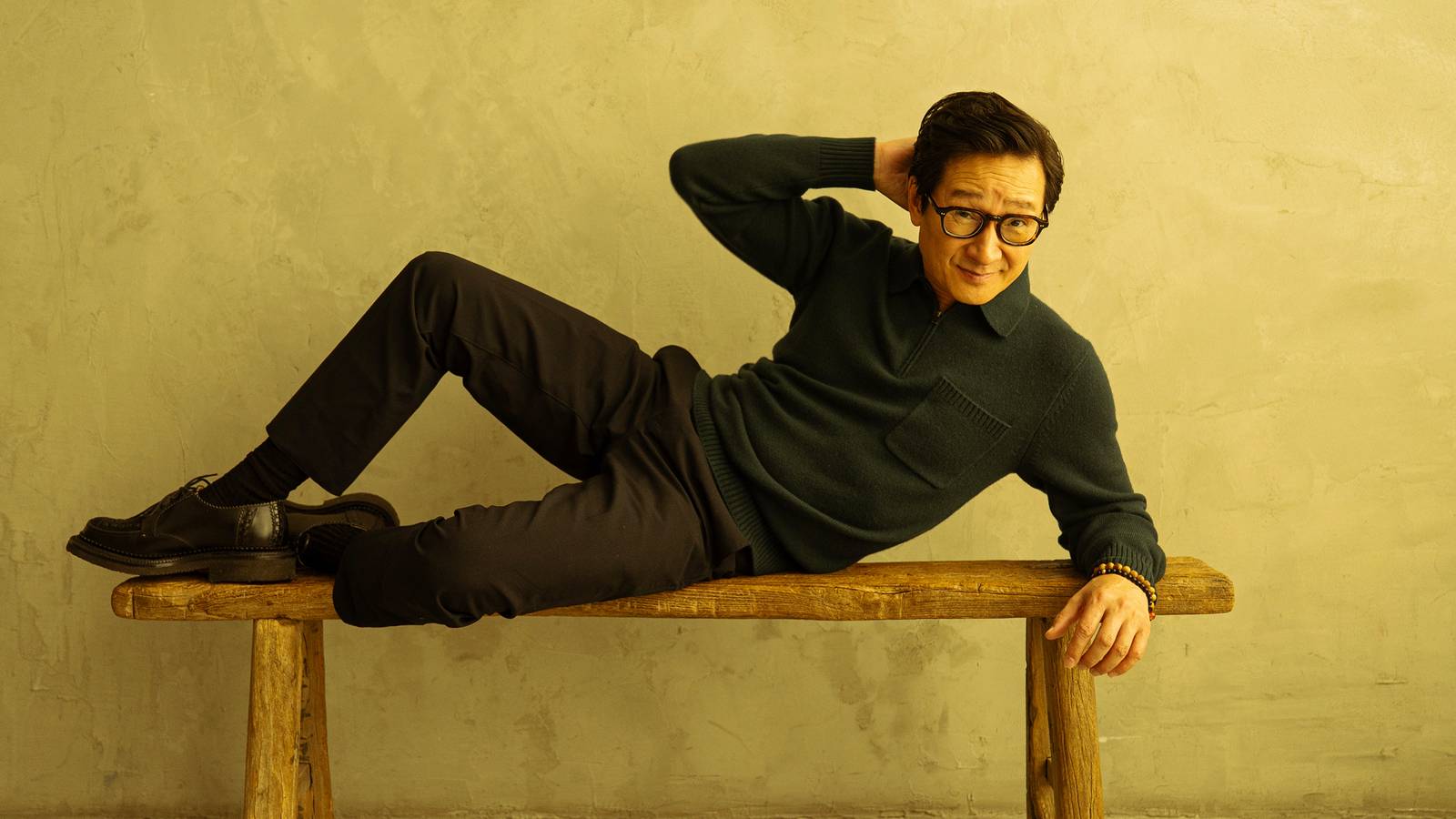
Ke Huy Quan's recent resurgence in Hollywood, marked by his Academy Award-winning performance in "Everything Everywhere All at Once" and his latest role in "Zootopia 2," is the culmination of an extraordinary journey filled with remarkable highs, significant challenges, and unwavering determination. From his serendipitous start as a child actor to a nearly two-decade hiatus and a triumphant return, Quan's story is a testament to resilience and the pursuit of a dream against all odds.
Quan's incredible story begins not in Hollywood, but in post-Vietnam War Vietnam. His parents, facing ethnic targeting as Hoa people (Chinese-Vietnamese) in Saigon (now Ho Chi Minh City), made the harrowing decision to flee the country with their nine children. Describing the "really rough time" and their fear for their children's future, Quan recounts how his parents split the family for a better chance of escape. His mother took three siblings to Malaysia, while his father, after two failed attempts, succeeded on the third, bringing Quan and other siblings to Hong Kong. At just seven years old, Quan spent a year in a refugee camp before the family immigrated to the United States. They settled in Los Angeles's Chinatown, a small Asian community at the time, where they assimilated into a new life, learning English and cherishing their reunion, as not all refugee families were so fortunate.
Four years after arriving in the U.S., destiny called in the form of Steven Spielberg. The legendary tale of Quan's casting in "Indiana Jones and the Temple of Doom" began when he accompanied his little brother to an audition for the role of Short Round. After coaching his brother behind the camera, Quan was given an opportunity to audition himself. His mother dressed him in a three-piece suit for a meeting with Spielberg, who, seeing Quan's discomfort, asked him to return in his own clothes. The next day, Quan met Spielberg, George Lucas, and Harrison Ford, an encounter that led to him being on a flight to Sri Lanka just three weeks later for the start of what he calls "the best adventure of my life." Working on set, the young Quan was mesmerized by everything, unaware of the immense fame of the filmmakers. He found joy in practical sets that felt real, the freedom from school thanks to a private tutor, and even playing arcade games with Spielberg during breaks. The ultimate magic, however, unfolded at the 1984 premiere of "Temple of Doom," when Quan, having never seen a movie in a theater before due to his family's financial struggles post-immigration, watched himself on the big screen for the very first time.
The success of "Indiana Jones and the Temple of Doom," which broke box office records to become the highest-grossing film of 1984, softened his business-oriented parents' stance on his acting career. With nine children, they reasoned, if eight went into business, one could pursue the arts. This paved the way for Quan's next major role as Data in Richard Donner’s "The Goonies." While "Indiana Jones" offered the unique experience of being the only child on set, "The Goonies" provided a more familiar dynamic, akin to his large family, as he and his young co-stars, including Sean Astin, Jeff Cohen, Corey Feldman, and Josh Brolin, vied for their director's attention. Quan fondly recalls the practical sets, which made filming feel like playing with friends. His bond with Jeff Cohen, who later became his lawyer, proved especially enduring, with Cohen remaining a supportive friend and professional contact throughout Quan's subsequent career challenges, despite not earning any commission for two decades.
After these early Hollywood triumphs, Quan's career took a different turn. He worked in Asia, appearing in the Taiwanese film "It Takes a Thief" and Japan’s "Passengers." He quickly realized that the big-budget productions of "Indiana Jones" and "The Goonies" were not the norm, with his overseas experiences reflecting a more typical industry reality. Despite his desire to make movies in Hollywood, opportunities for Asian American men dwindled. Quan found himself waiting for calls that didn't come, eventually taking a lead role in the Taiwanese TV show "Eunuch & Carpenter." This move presented a cultural shift, as he, fluent in Cantonese, navigated working in Mandarin-speaking Taiwan, a learning experience he now values as part of his life journey.
The defining moment that led Quan to step back from acting was a particularly disheartening audition. After a long period without work, his agent presented a tiny, unnamed role with only two lines. Quan, still optimistic, arrived to find 30 other Asian actors auditioning for the same part. Despite casting directors expressing admiration for his past work, he didn't get the role. This realization—that he couldn't even land such a minor part—ignited the idea that his time as an actor might have passed. Convinced that his acting career was over, Quan enrolled in USC film school, where he edited the award-winning short film "Voodoo." Upon graduation, he landed a unique role as an action choreographer for "X-Men," where he choreographed the fight between Mystique and Wolverine. While he enjoyed the spotlight of demonstrating his work, watching it from behind the camera brought a "weird and complicated" feeling, a poignant reminder that he was no longer in front of it. He spent years telling himself he was happy with his new life, working behind the scenes, despite an underlying longing.
This period behind the camera, however, proved serendipitous in his personal life. While working with director Wong Kar-wai on "2046" in Shanghai, Quan met his future wife, Echo Quan. He recalls being immediately captivated by her "big, beautiful eyes and a big smile," leading to a connection where they could talk for hours. Their romance, kept secret due to their shared workplace, eventually led to marriage, a fact Quan humorously revealed to Wong Kar-wai years later over dinner, only to find the auteur had already sensed their connection. His years with Echo, who is fluent in Mandarin and Cantonese, proved invaluable, as her Mandarin skills and dialogue translations would later become crucial for his return to acting.
The catalyst for Quan's return to the screen came in 2018 with the groundbreaking film "Crazy Rich Asians," which featured a primarily Asian and Asian American cast. Witnessing the rise of Asian actors consistently working in Hollywood reignited a hope he thought was lost. When the script for "Everything Everywhere All at Once" arrived, Quan knew he wanted the role of Waymond Wang "more than anything else." The film offered a full-circle moment, utilizing his multilingual abilities cultivated over years with his wife, who translated the Mandarin dialogue. The production's use of practical sets also echoed his early experiences on "Indiana Jones" and "The Goonies." The film's release was nothing short of a phenomenon; it became A24's highest-grossing film, earned 11 Academy Award nominations, and secured seven wins, including Quan's historic Best Supporting Actor Oscar, firmly cementing his dazzling comeback and reshaping Asian American representation in Hollywood.
Since his triumphant return, Quan has actively built a new legacy, taking on diverse roles that challenge stereotypes. He appeared in the Disney+ series "American Born Chinese," playing an actor whose character's journey mirrored his own, culminating in a powerful monologue about wanting to play a hero. He charmed audiences as Ouroboros (O.B.) in "Loki Season 2" and showcased his romantic lead and stuntwork capabilities in the action-comedy "Love Hurts." Most recently, he voices Gary De'Snake in "Zootopia 2." Despite his extensive live-action background, Quan considers himself a "new kid" in voice acting, describing the physically demanding, three-hour recording sessions that involve gripping a bolted handlebar to embody his character's movements. He praises the animators for their ability to bring these characters to life and the creative team for their cleverness and humor, expressing profound gratitude for the opportunity to contribute to a Disney animated film that will influence future generations, much like the films he grew up watching.
Quan doesn't take his storied career for granted, embracing every moment with clear energy and passion. He remains humble, marveling at the enduring legacy of films like "The Goonies," which have bonded generations of families over 40 years. He hopes "Zootopia 2" will achieve similar longevity and impact. While a naturally private person, Quan acknowledges the importance of sharing his story, a testament to his gratitude for this "incredible second opportunity." His journey—full of determination, humility, and the courage to chase a dream even after believing it was over—serves as a powerful roadmap for revitalization and success.
You may also like...
Premier League Fury: Chelsea & West Ham Hit With Heavy Fines Over Mass Brawl

Chelsea and West Ham have been hit with significant fines by an independent regulatory commission following a mass confr...
NBA Shocker: Luka-LeBron Botch Crushes Lakers' Hopes Against Magic

The Los Angeles Lakers suffered a narrow 110-109 defeat to the Orlando Magic, following a critical botched inbounds play...
Ryan Gosling Shines in 'Project Hail Mary,' Early Buzz Hails 'Must-See Space Odyssey'

Phil Lord and Christopher Miller's "Project Hail Mary" is receiving stellar early reviews, with critics calling the sci-...
Margot Robbie's Latest Epic Love Story Dominates Box Office, Outperforms 'RRR'
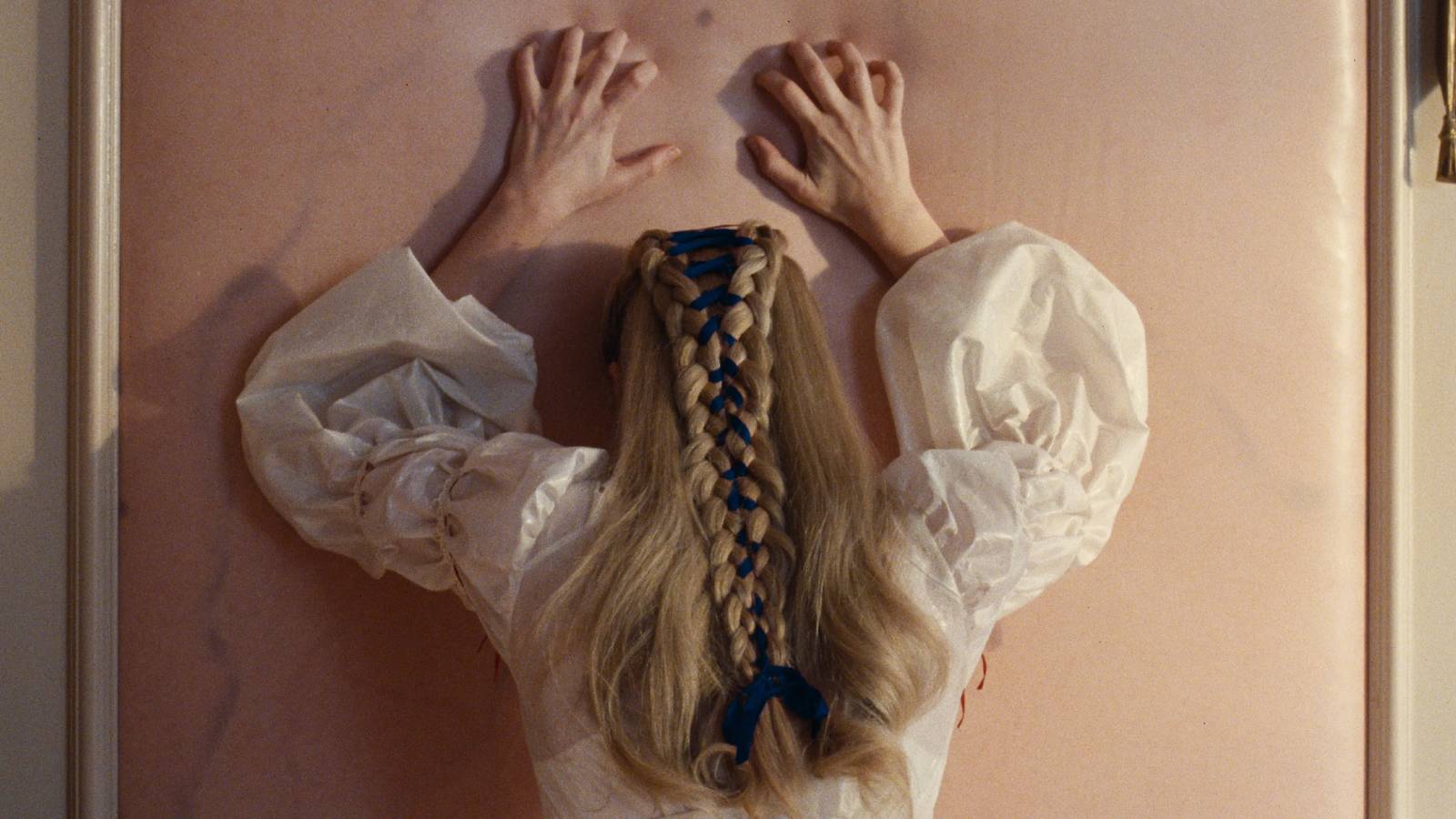
"Wuthering Heights," director Emerald Fennell's controversial adaptation of Emily Brontë's novel, has achieved significa...
End of an Era? Mike Patton Hints at Faith No More Split, Fans Brace for Impact

Mike Patton suggests Faith No More's active period may be over, citing an unspoken sense of closure after their last per...
Rock & Roll Hall of Fame Shakes Up 2026 With Star-Studded Nominee List and Artist Reactions

The Rock & Roll Hall of Fame has announced its 17 nominees for the Class of 2026, featuring 10 first-time contenders lik...
Snoop Dogg Unveils Shocking Connection to Bitter Beckham Family Spat

Hollywood megastar Snoop Dogg has weighed in on the ongoing Beckham family feud, which saw Brooklyn Beckham publicly acc...
Shawn Hatosy's Shocking 'Twin, Wife, Mom' Remark on Sarah Michelle Gellar's Ursula
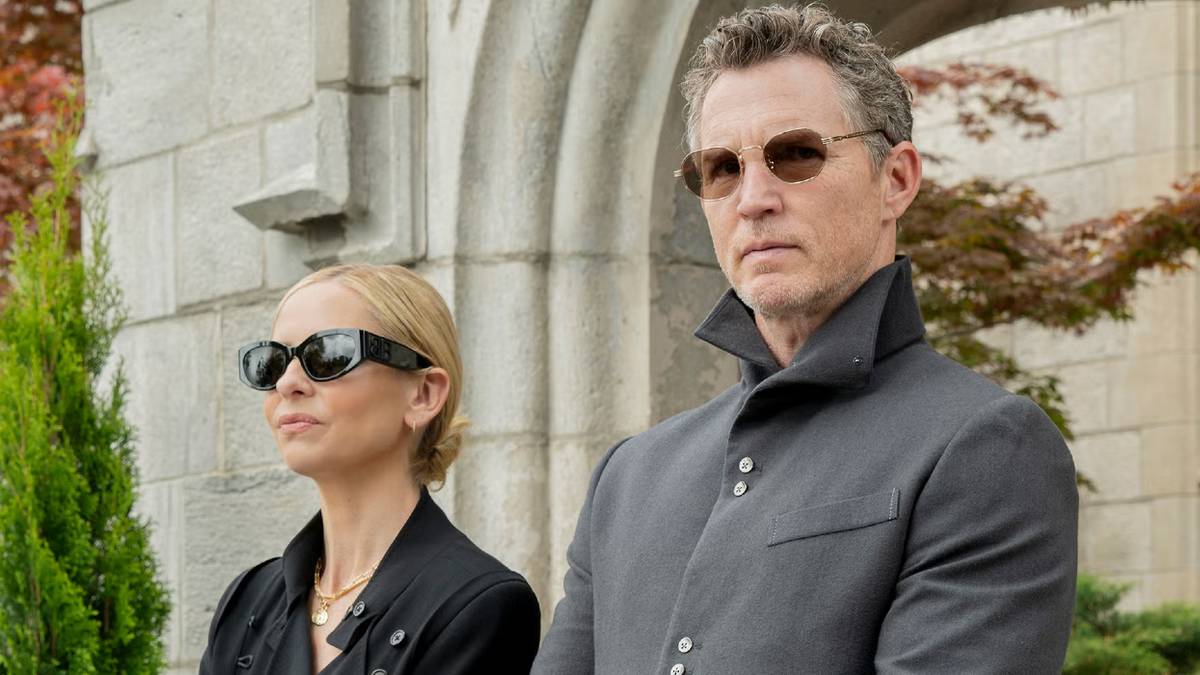
"Ready or Not 2: Here I Come" picks up immediately after the first film, as Grace's survival triggers a new, dangerous g...
